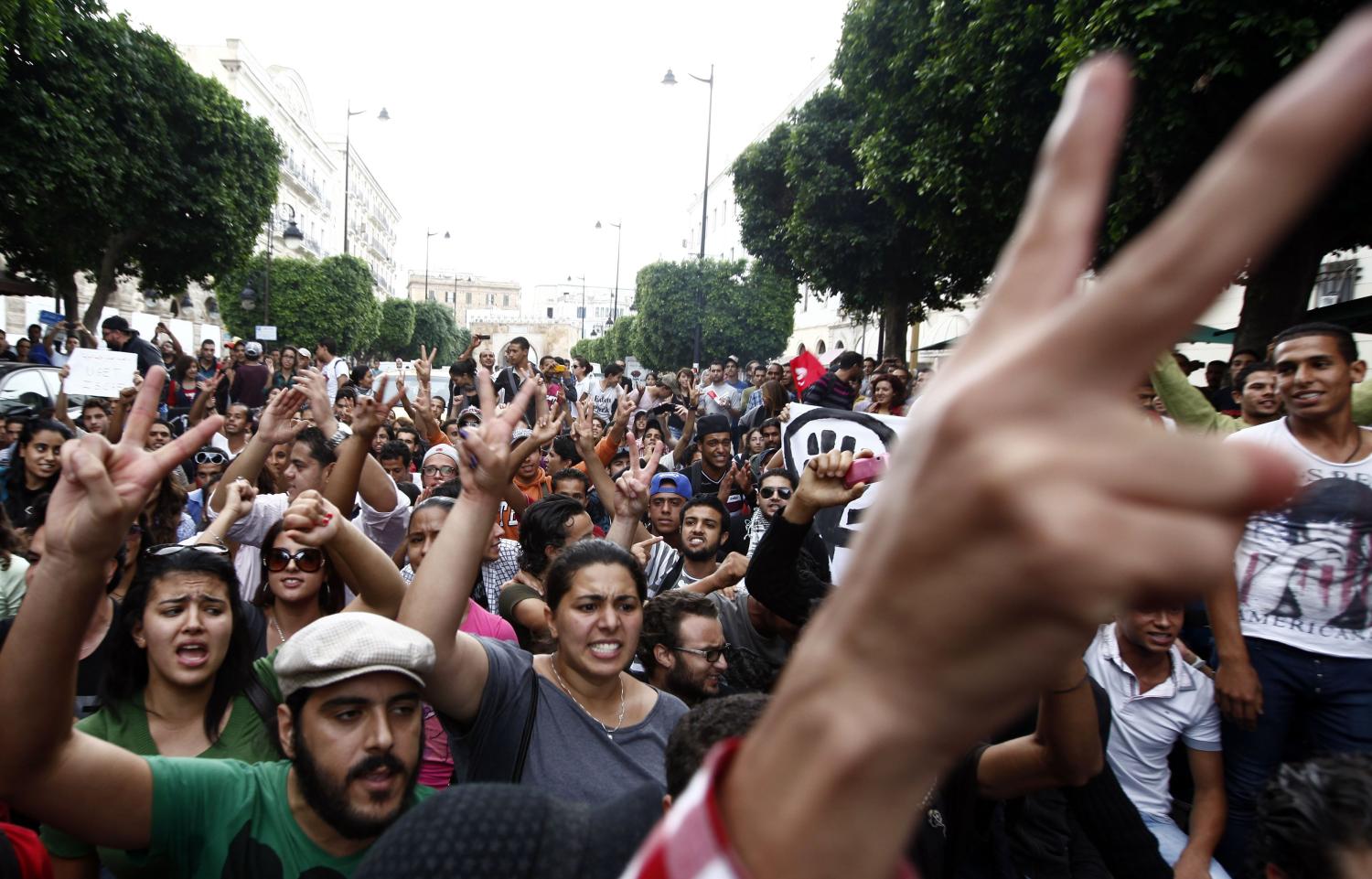Content from the Brookings Doha Center is now archived. In September 2021, after 14 years of impactful partnership, Brookings and the Brookings Doha Center announced that they were ending their affiliation. The Brookings Doha Center is now the Middle East Council on Global Affairs, a separate public policy institution based in Qatar.
Almost half of the nine Arab states represented at Bandung more than sixty years ago have experienced the dramatic uprisings of the so-called Arab Spring. These massive popular uprisings, which unseated or significantly weakened long-standing leaders, struck at the heart of postcolonial authoritarianism by calling for its removal and demanding “bread, freedom, social justice.” There has been a resurgence of literature on Bandung and its legacy since the Conference’s fiftieth anniversary in 2005. More than ten years later, the Arab region has embarked on drastic transitions that have shaken society in all its political, legal, economic, and cultural manifestations. This historic episode presents an opportunity for a renewed focus on Bandung in the context of the Arab Spring. While it is important to take into account the open-ended nature of the Arab uprisings, discussing the Bandung legacy is a useful way to reflect on the mixed results of the immediate post-Arab Spring period, on Bandung itself, and on the transformative potential of human rights in the midst of rebellion. In this chapter, Noha Aboueldahab reveals continuities and discontinuities from the anti colonial Banding era to the postcolonial era, particularly in the Arab region, with an emphasis on Egypt and Tunisia.
Authors
